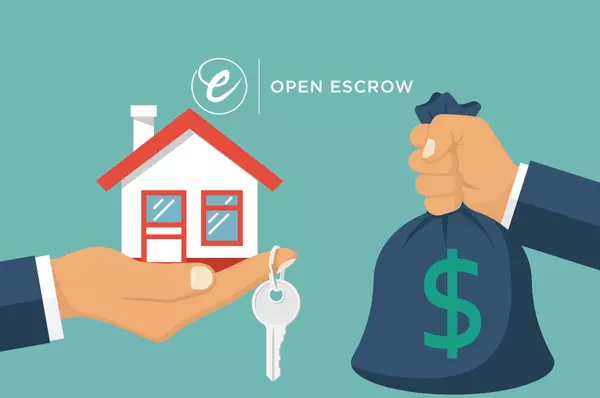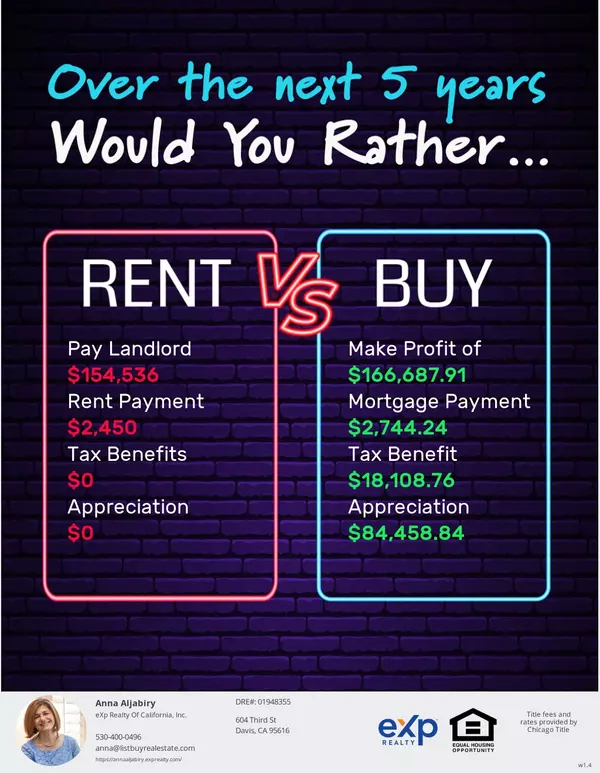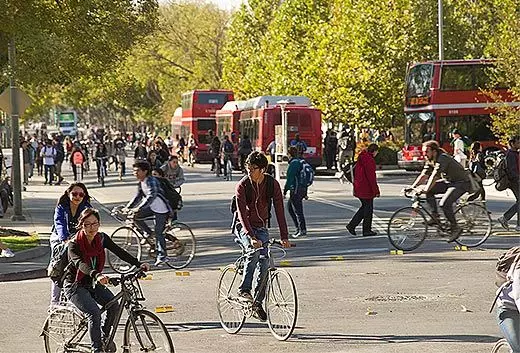
10 Tips to Buy a House
Purchasing your first house may be an overwhelming job. But countless people were there before you and lived to tell a story. If you do your homework, you will have the best possible chance of finding a place you'll be able to afford for a price you can manage. The major surprise for most first-timers is that they will need to complete the first five measures on this list before they can start searching for a house. Review your finances First, consider savings. Look into how much you could put aside for a down payment or save an additional amount for it. Next, review your monthly expenditure and figure out where to possibly cut down in order to allocate to mortgage payment. As you study the you consider moving to, calculate how moving to your new home will decrease or increase your daily commute costs. Find out programs for first-time home buyers. What is a good deal? Most cities within California have programs to assist first-time home buyers with the down payment and other closing expenses. Having some knowledge about the various available programs helps you choose the one that fits your needs, helps you understand your lender, and helps you plan for the final closing expenses. Contact Lenders Many realtors won't spend time with customers who have not verified their purchase ability with a lender. So, if you are not a cash buyer, and most first-time home buyers are not, speak to a lender or mortgage broker to figure out your ability to buy a home. Most lenders give you approximate numbers within a few hours. If you need actual approval, then you might need to wait a few days. A lender or agent will rate your credit rating and the amount that are able to qualify to get financing. That is where your homework on first-time house buyer applications can help. If you feel you qualify, start looking for a lender… call us for recommendations for local lenders. Do a little research online; however, having a 1-on-1 meeting with a lender will give you an immediate review of your financial situation, answer questions and, if needed, indicate how it is possible to enhance your credit score. Online calculators don't always include taxes and insurance or PMI (Private Mortgage Insurance policy necessary if the deposit is less than 20 percent). Online calculators also do not include loan fees. Go Shopping for a Loan. Do not allow loyalty to a family lender to block you from seeking a pre-approval or looking for a mortgage outside your circle of friends. It is best to shop around for loan even if you only qualify for a single type of loan. Different lenders charge different fees for the exact same loan type and loan amount. When you think you got the best deal on a mortgage, make sure to get pre-approval to avoid any surprises. Being pre-approved is better than just simply being pre-qualified. Why? Because pre-qualification means your lender bases his evaluation on what you tell him. Pre-approval means you provide your lender with all the paperwork necessary to run your credit. Keep a backup lender. Qualifying for a loan may not mean your loan will be approved. The underwriting guidelines and process is very tedious. A lender could suspend financing a loan at any point in time during the transaction and before close of escrow. Loan suspension can happen even after the lender approves a loan and after escrow documents are signed. A second lender who already qualified you for a mortgage gives you an alternate way to keep the loan process going with a different lender. Look for a realtor. Realtors do not charge buyers. The seller pays for all realtors’ commissions on both sides. You probably have already found a realtor who directed you to a lender (point 3 above). If you have not, then find a realtor once you get pre-qualified. You will be more confident and comfortable shopping for a home when you have a letter in your hand showing the amount of the loan you qualify for and the highest purchase price. call us for recommendations on the best realtors in your area. Choose a neighborhood. Your best location might not fit your budget. Try to explore various areas and give yourself a chance to compare prices and locations. The farther you get from metropolitan areas, the cheaper the homes are. On the flip side, it is an easy trap to think that the long commute is cheap. The stress and cost of a long commute can have a toll on marriages, health, and savings. So, it is a good idea to calculate how much the commute will cost you and if the cost of that commute is the same as your monthly mortgage difference if you live close to work. Revisit your numbers when you locate a house. When you are ready to make an offer on a house, review your budget again. This time, ask your realtor to provide you with closing costs and any other upfront expenses, such as necessary repairs. You also need to set aside some money for moving expenses, appliances, and furniture that you may need to buy before you can move-in to the house. Don’t forget to add the HOA (Home Owner’s Association) fee if required in that location. Review Utility Bills. Homes with high ceilings and more windows have bigger utility bills. Heating and cooling high ceiling spaces takes longer time. Windows could leak air and cause energy loss. Utility bills could soar. For those reasons, request the energy bills from the past 12 months to lay out a typical monthly price. Perform a Home Inspection. After your offer is accepted, you will need to order inspections. Cost of inspections can exceed $1,000. However, inspection reports will provide information about the home and help you determine if you want to make the necessary repairs. You can also leverage your offer depending on the results of the inspection report and make the vendor financially responsible for all or a few of the repairs. The Most Important Thing One of the biggest decisions and investments you could make is buying your first home. Try not to add more financial obligations to your plate. If you are thinking about buying a car, you may want to postpone it to avoid another debt on your credit profile. Therefore, it is wise to save more money for a down payment. The higher the deposit, the smaller the loan. The smaller the loan, the more comfortable your life will be. Call or email for a free consultation.

Pros & Cons of Living in Davis California | Moving to Davis CA in 2022 | Davis California Suburbs |
**Exploring Davis, California: The Hidden Gem for Suburban Living** Welcome to Davis, California—a charming suburb known for its friendly atmosphere, green initiatives, and a robust educational environment. I'm Anna Al Jabari from EXP Realty, and today I’ll guide you through the pros and cons of living in this vibrant town. ### The Pros of Living in Davis **1. Safety and Security**Davis is considered one of the safest cities in California. With a low crime rate, it offers peace of mind for families and individuals alike, allowing you to enjoy late-night walks or morning jogs without worry. **2. Exceptional Educational Opportunities**The schools in Davis are highly rated, not just in California, but nationally. The focus on academic excellence is complemented by exceptional programs like the renowned music curriculum, making it a perfect place for fostering young minds. **3. Green Living and Community Engagement**The residents of Davis are passionate about nature and sustainability. Over the past decade, many have transitioned their lawns into drought-resistant landscapes, embracing a blend of aesthetic beauty and environmental responsibility. This green mentality extends to the local governance, with city planning firmly rooted in sustainable practices. **4. Cultural and Recreational Activities**Despite its small size, Davis is bustling with activities. From the UC Davis-run Unitrans bus service, managed entirely by students, to cultural gems like the Mondavi Center, designed by Bohlin Cywinski Jackson, which offers a tranquil retreat from the urban hustle with its state-of-the-art soundproofing and architectural beauty. ### The Cons of Living in Davis **1. Limited Entertainment Options**For young adults, the entertainment options might seem sparse. Beyond a few movie theaters and coffee shops, nightlife is limited. This can be a downside for those looking for vibrant evening entertainment. **2. High Cost of Living**The property prices in Davis are significantly higher than in neighboring Sacramento. For example, a median-priced home in Davis can cost around $800,000, compared to $550,000 in Sacramento, reflecting the premium for living in this exclusive community. **3. Resistance to Expansion**The city’s strict zoning laws limit expansion, which means fewer new homes and potentially higher real estate prices. While this helps preserve the town's character and controls the population density, it can be a con for those looking to develop or invest in new properties. ### A Unique Blend Interestingly, some might see the cons of Davis as pros. The lack of major shopping centers and the small-town feel prevent the usual hustle and bustle associated with suburban areas, which many residents cherish. Whether you’re considering a move or simply exploring your options, Davis offers a blend of safety, education, and community-focused living that's hard to find elsewhere. If you’re thinking about buying a property here or just visiting, remember, investing in Davis is not just about buying real estate—it's about investing in a lifestyle. For more insights into living in Davis or if you're looking to buy or sell a property here, feel free to reach out. Let’s make your suburban dream a reality in Davis, California.
Categories
Recent Posts










